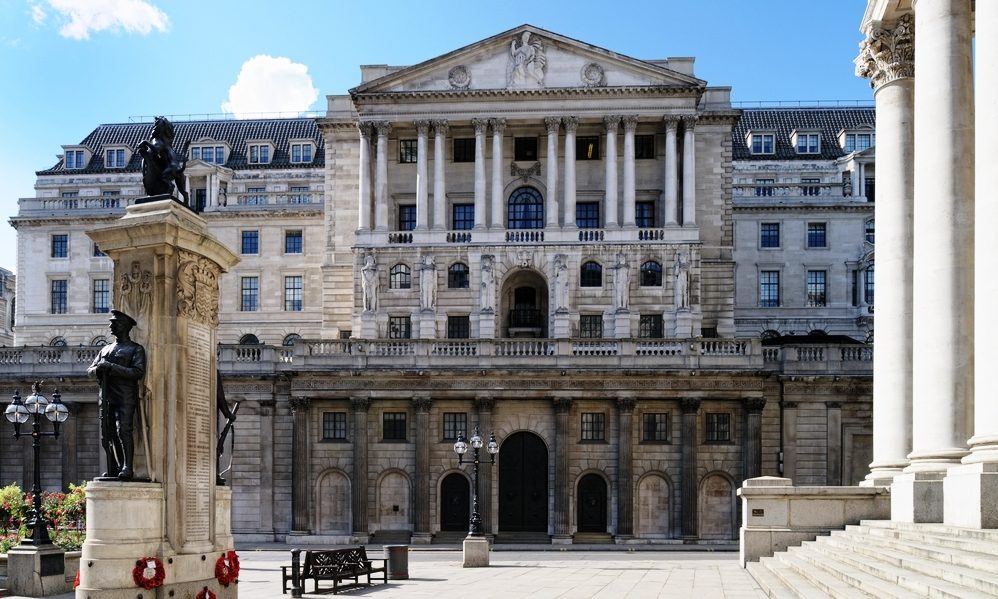
International Monetary Fund (IMF) issues warning over EU Referendum and cuts UK growth forecasts.
The UK’s departure from the EU would lead to ‘severe regional and global damage’, the International Monetary Fund (IMF) has warned. The country is due to vote on its membership in the EU on 23rd June 2016.
The organisation cautioned that a Brexit would cause disruption to existing trade relationships, as well as ‘restrict benefits from economic co-operation and integration, such as those resulting from economies of scale’.
The Vote Leave campaign disagreed with the IMF’s assessment, stating that the top economic and security risk that the UK faces ‘is remaining in an unreformed EU which is institutionally incapable of dealing with the challenges it faces, such as the euro and migration crises.
The IMF revised down its UK Gross Domestic Product (GDP) forecast for 2016. The economy grew by 2.2% last year, and a January estimate from the organisation suggested that the figure would hold steady in 2016. However, the IMF has now slashed its UK GDP forecasts to 1.9% in January. The revised figure is slightly lower than the 2.0% GDP growth predicted by the UK’s Office for Budget Responsibility (OBR).
The organisation also cut its global growth forecasts from its January estimates to 3.2% this year and 3.5% next year, down respectively by 0.2% and 0.1%.
The organisation indicated that the run-up to the Referendum vote had already encouraged investor uncertainty, and that a vote in favour of the UK exiting the EU would exacerbate the issue.
“Investor sentiment has been affecting live exchange rates,” says Charles Purdy, CEO of international payments company Smart Currency Business. The uncertainty surrounding the Referendum vote has placed pressure on the pound sterling (GBP) exchange rate. We expect currency exchange market volatility to continue for at least as long as the uncertainty persists.”

 020 7898 0500
020 7898 0500